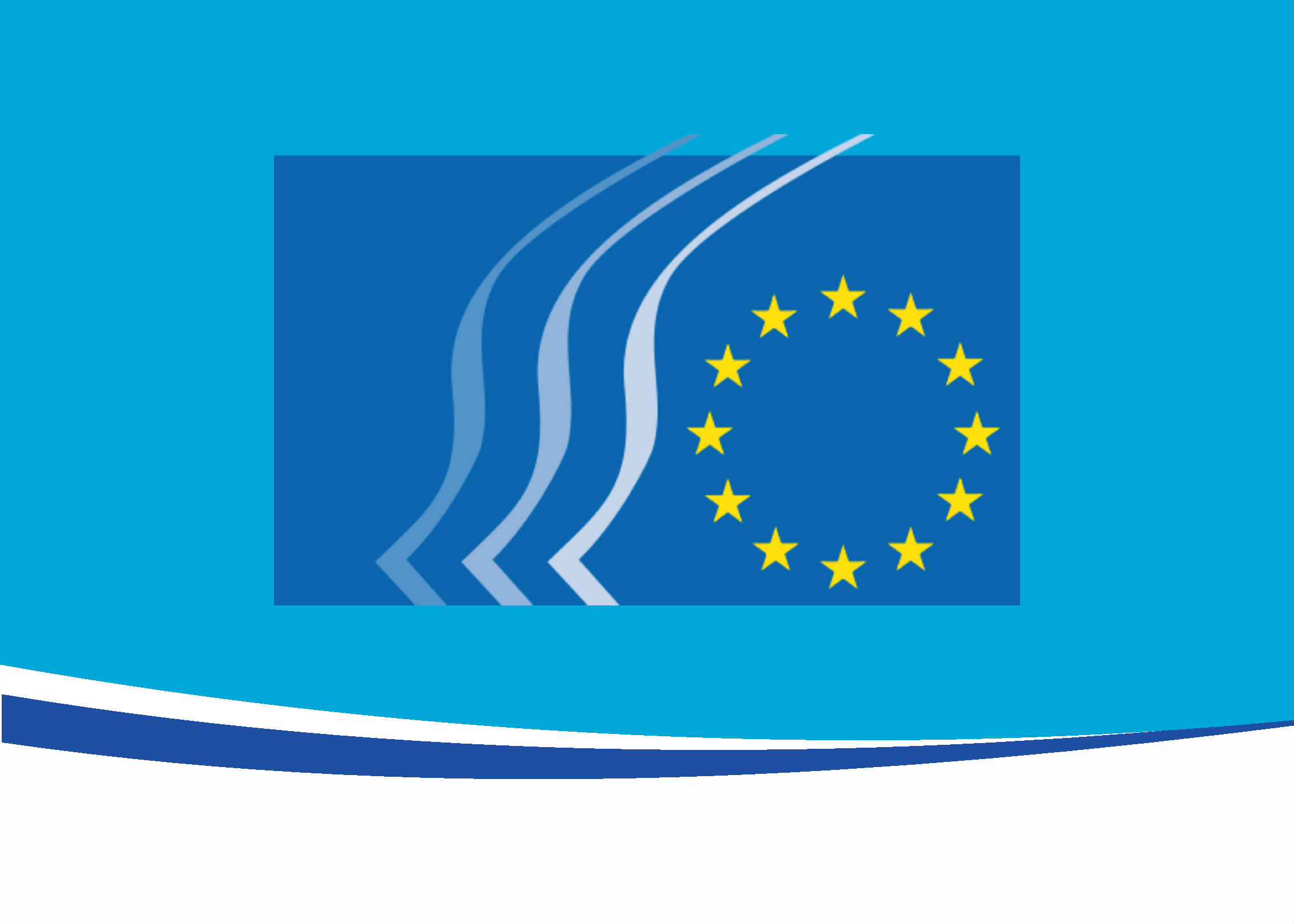Employers’ Group Manifesto on the Conference on the Future of Europe (CoFoE)
The COVID-19 pandemic has shaken our societies and democracies. As we implement our exit strategies, we realize the magnitude of the economic, social and societal challenges we face, which are equal to the expectations citizens have of Europe. It is therefore the perfect moment for all Europeans to have their say in shaping the future of Europe.
The Conference on the Future of Europe is a one-time opportunity to open the debate beyond Brussels and the national capitals. The EU has been in crisis mode for more than 15 years: the failure of the Constitutional Treaty, the financial crisis, the Euro and sovereign debt crisis, the Ukraine crisis, the refugee crisis, Brexit and now the COVID-19 pandemic. The fact that the EU has somehow mastered all these crises shows on the one hand the degree of its resilience. But on closer inspection, it has often been more of a muddling through, rather than sovereign crisis management.
As it’s clear to anyone that crises will continue to arise with the same regularity, and the next to come will be even more daunting for mankind, the EU must find a new way to deal with future unsettling challenges.
Climate change is a threat on a new scale – the droughts and floods of summer 2021 alone reached a new dimension – and it requires immediate and enormous efforts from our societies and economies. Green transformation is an opportunity for businesses but it also represents a huge challenge for them. The current skyrocketing of energy prices is worrying and might point to a future in which we face the risk of unstable energy resources.
Geopolitical situations remain highly volatile and dangerous: the unexpected escalation of the situation in Afghanistan is very critical and will require all efforts to avoid a humanitarian disaster. The oppressive political regime in Belarus – in geographical neighborhood of the EU - remains unacceptable. On top of this, there are serious attempts to destabilise our Western democracies from the outside, especially from Russia (the latest example was during the German election campaign), which has increased the virulence of its cyber-attacks over the years.
If we accept the fact that the EU will remain in a permanent crisis (“permacrisis”), this must lead to the assumption that we will need more effective steering instruments that are flexible, agile, and simply faster not only to allow the European Union to survive, but also to act powerfully and effectively as a global superpower.
The economic and social polarisation which came with the financial and euro crises, coupled to the EU’s inner conflicts following the refugee crisis of 2015/16 continue to have long-term destructive effects. As a consequence, in many EU member states, trust towards national governments is eroding. This poisonous combination creates a fertile ground for the rise of extremist political forces that not only want to destroy the EU, but are also sawing away at the cornerstones of our representative democracies. The Conference on the Future of Europe has been called upon to send a clear signal to reverse these trends. For democracy, for the rule of law, for a social market economy and for European unity.
The EESC is well placed to play a very constructive role at this conference. Representing the bone structure of our day-to-day life in all European countries with its deep-rooted links with all walks of life (employers, trade unions, civil society at large), the EESC has the unique role of bridging the gap between policymakers and civil society.
The Employers’ Group is the representative body within the EESC for more than 20 million European companies – big and small – that provide citizens with jobs, that deliver goods and services for consumers and form the backbone of our European economies and societal welfare.
With this paper we want to provide some impulse for the on-going discussions at the CoFoE, but certainly not anticipate the important discussions which have yet to take place. We, employers, feel hugely responsible and committed to this European Union, a historically unique peace and freedom project which has been able to develop prosperity and security in the EU and beyond. Yet, like every ambitious project, so too the EU needs continuous improvement and new ideas.






